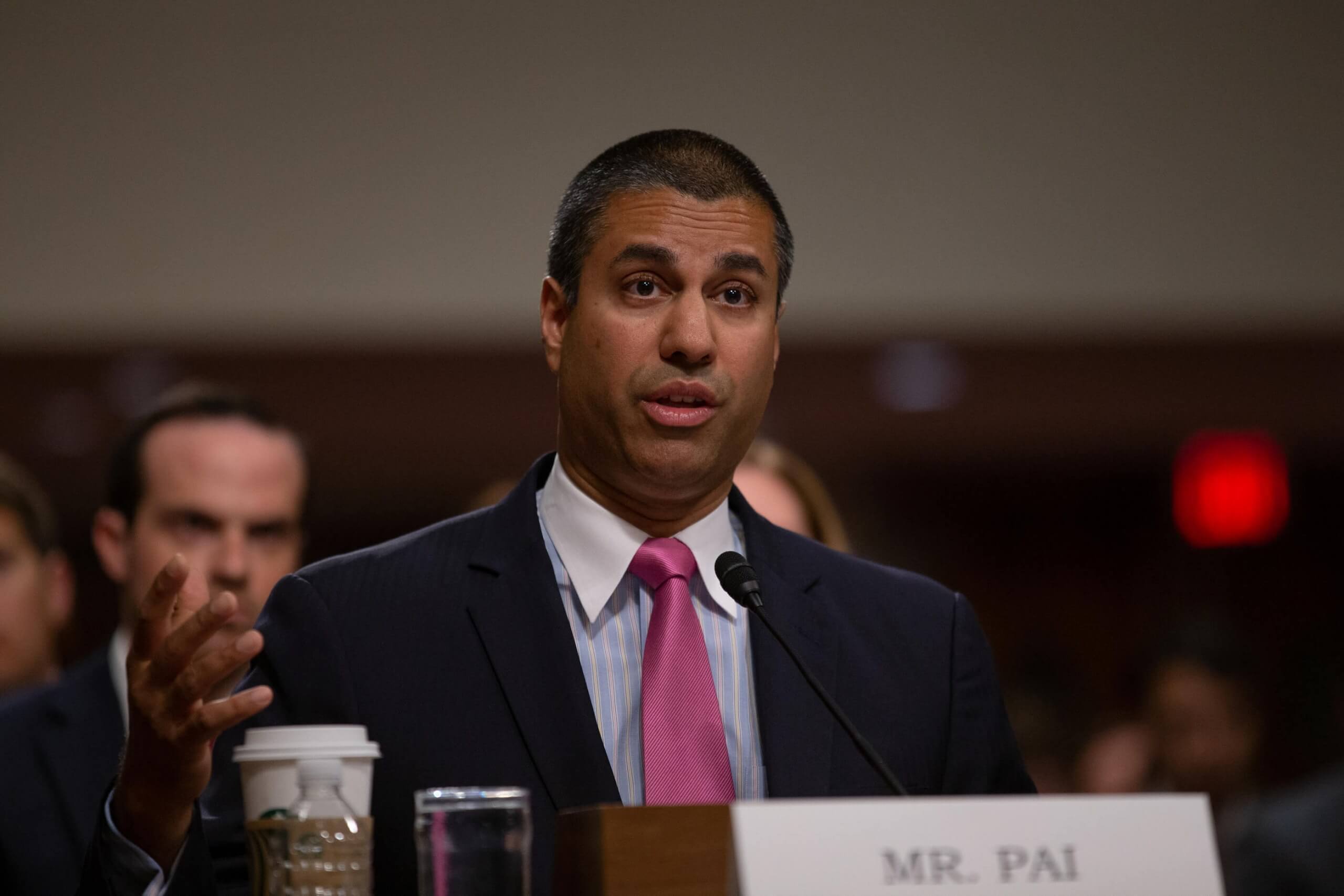In context: The FCC and Congress have been taking solid steps towards limiting robocalls, especially malicious ones that are only looking to scam people. Since a lot of these malicious calls originate outside the US to escape legal jurisdiction, banning overseas auto dialing makes sense.
On Monday, the Federal Communications Commission Chairman Ajit Pai proposed new rules that would not only ban caller ID spoofing for text messages but would also prohibit robocalls that originate from outside the United States. The proposal has already received support from over 40 state attorneys general. The FCC has scheduled a vote on it for August 1.
"Scammers often robocall us from overseas, and when they do, they typically spoof their numbers to try and trick consumers," Pai said in a press release. "Call center fraudsters often pretend to be calling from trusted organizations and use pressure tactics to steal from Americans. With these new rules, we'll close the loopholes that hamstring law enforcement when they try to pursue international scammers and scammers using text messaging."
The rules would give teeth to the Ray Baum's Act (RBA) that was enacted last year. The RBA is stopgap provision for the already existing Truth in Caller ID Act, which failed to address text messages or calls from outside of the United States. If approved, the rules would give the FCC and the FTC tools to fight these types of malicious communications.
Both agencies have been busy lately with combating the robocall problem. Last month, the FCC adopted rules allowing carriers to auto block spam calls. Shortly afterward, the FTC released information on some 94 legal actions that it has taken against fraudsters responsible for more than a billion automated scam calls last year.
Image credit: Aaron Schwartz via Shutterstock
